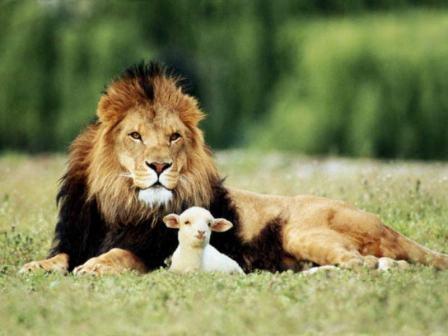
Avatar is a masterpiece of a movie that really shows just how the world is and has always been. The whole plot should sound familiar because it sounds similar to the history of our own nation, with the Na’vi tribe representing the Native Americans. This movie really gives you a great narrative of the mechanistic worldview, and relates to so many different topics in this class. The RDA Corporation symbolizes industrialism, and the unobtanium symbolizes natural resources in general. The discovery of natural resources is, arguably, what changed our economy. A subsistence economy in which goods, money, and labor were exchanged for commodities was replaced by open-ended accumulation of profits in an international market(54.), similar to the movie. The view of the world as a machine instead of an organism is due largely to industrial capitalism like shown in the movie and in our world today, and most of these corporations strive for power. The assumption of order is fundamental to the concept of power, and both order and power are integral components of the mechanical view of nature(50.) This would explain the powerful and organized army behind the corporation and just how ongoing industrialism is. Like quoted in the movie, “people have to learn that we don’t stop.” This mechanistic view is due to many things, each of them playing a big role.
First off, the idea of atomism changed many peoples’ idea of how they saw nature. What they once regarded as one giant thing in general, they now regarded as made up of individual parts, like the atom. This is shown in the movie when Parker says things like “they’re just god damn trees” and “they can move somewhere else”. This way, instead of looking at nature as one distinct thing or place, they feel justified in exploiting a part of it for a profit, and profits are what motivate people with a mechanistic worldview.
Profits create this egocentric ethic that is associated with capitalism and the mechanistic view. People like Thomas Hobbes argue that nature is not equal, but competitive. This made the individual appeal to nature for his own good, seeing it as limited. Parker and especially Colonel Quaritch symbolize egocentrism because you can tell they only care about themselves, thinking individual good is the highest good. They see what they do as ethical because “by nature”, man is competitive and we have the most “natural” economy. What they don’t get to experience is what Jake does, being “where the eye can’t see.” This makes you question what it means to “see”. I mean, we see construction every day, but do we really see the overall aftermath of construction? Do we witness the destruction of our “mother” and her beauty? As Jake told the Na’vi, “See the world we come from. There’s no green, they killed their mother.” The reality of this mechanistic world is portrayed through scenes of burning horses and people getting crushed by falling trees, really digging into our emotions.
Environmental ethics translate thoughts to action, and worldviews into movements. Ideas generalized from social conditions must be transformed into behaviors in order to change those conditions(64.) Going along with the merchant reading, I found it funny how the Judeo-Christian mandate Gensis I28 reads “Be fruitful and multiply and replenish the earth and subdue it.” I believe ideas and social conditions like these are what help(ed) legitimize the domination of nature in the movie and in our world today. In fact, early economic development in America was reinforced by this biblical framework(65).
In the end, the Individual ethic will always be around because of the lifeboat theory(Garret Hardin). When the big boat goes down, there aren’t enough life vests for everyone, and so the individual will do what is best for him; grab one. Resource depletion and environmental pollution of the commons are shared by all people, so there is no incentive for individuals to control their own exploitation. The individual is only looking to better himself, seeing as others are doing the same. The movie really relates a lot to the class and I enjoyed watching it for the first time and reading merchant again. It really reminds me of our history with the Native Americans and the destructiveness of the mechanistic worldview. The individual can be ruthless.








